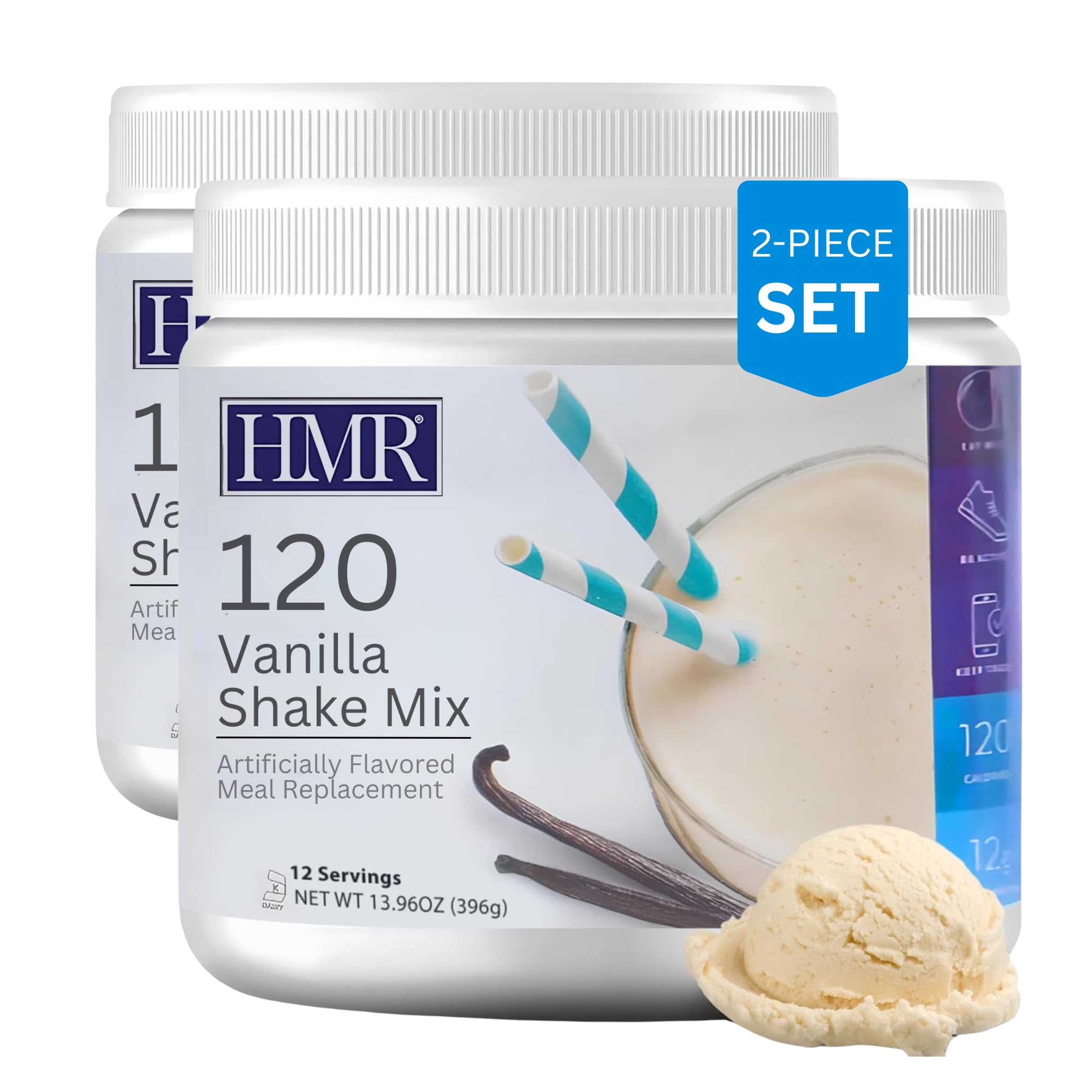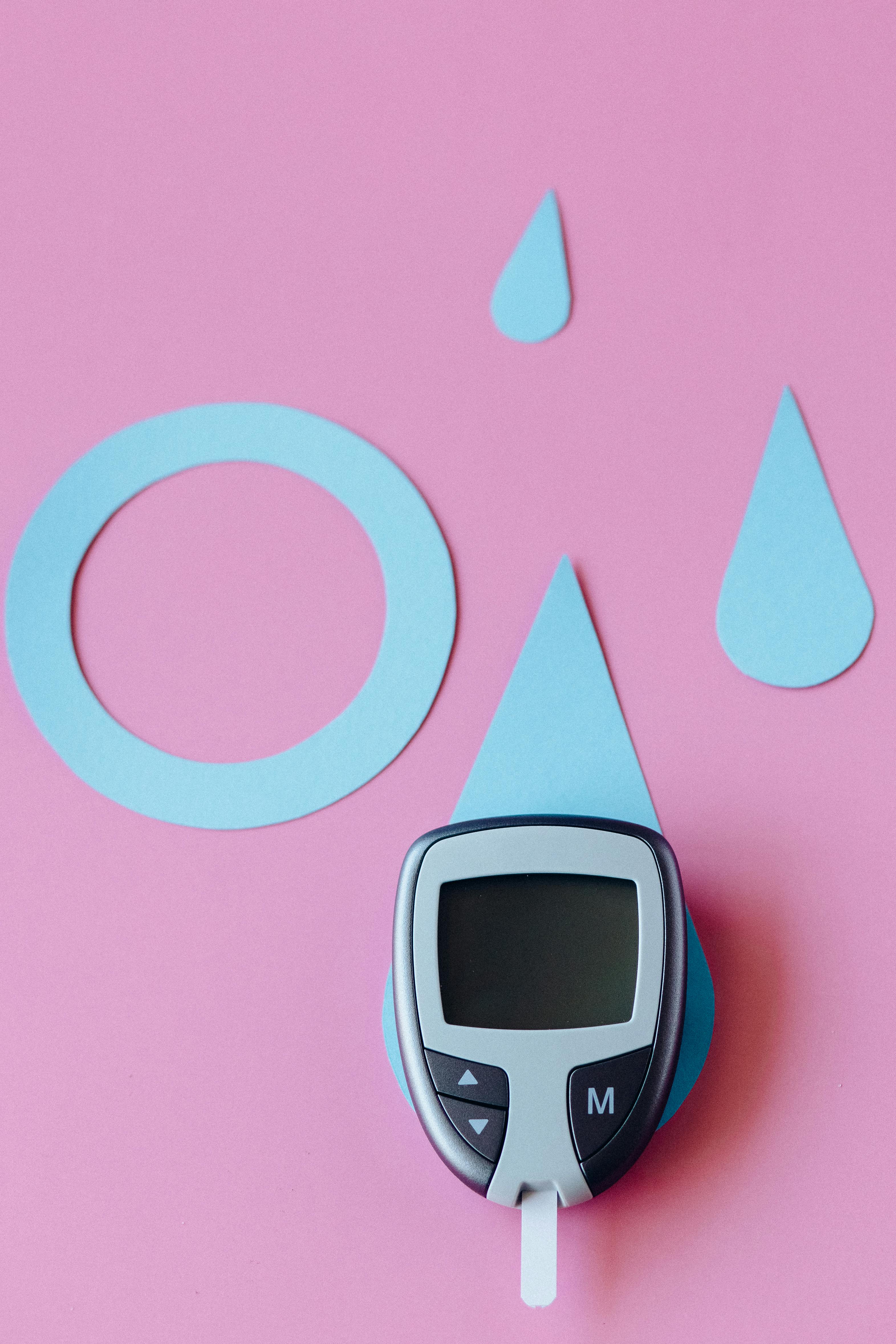
Essential Strategies in Cristiano Ronaldo's Diet for Optimal Performance
Cristiano Ronaldo is widely regarded not just for his extraordinary talent on the football field but also for his meticulous approach to nutrition. His diet is a pivotal component of his training regimen, significantly impacting his performance, recovery, and overall athletic longevity. Understanding the strategies behind his diet can provide valuable insights for athletes and health enthusiasts alike.
In this article, we'll explore the best five strategies in Cristiano Ronaldo's diet that contribute to his optimal performance. From managing macronutrients to ensuring adequate hydration, each component of his nutrition plan plays a crucial role. You will learn how these practices can be applied to improve your own eating habits, making them relevant to athletes and fitness enthusiasts at any level.
By delving into these strategies, you'll discover the importance of a balanced diet, the power of timing meals, and the significance of quality ingredients. Join us as we uncover practical and performance-enhancing foods, hydration techniques, and portion control practices that can help elevate athletic performance.
Let's begin our exploration with the first strategy: managing protein intake.
Optimize Protein Intake for Muscle Recovery
Understanding Protein Sources
Protein is a cornerstone of Cristiano Ronaldo's diet, vital for muscle recovery and growth. He emphasizes the importance of high-quality protein sources, including lean meats, such as chicken and turkey, as well as fish. These options not only provide essential amino acids for muscle repair but also come packed with crucial nutrients that support overall health.
Incorporating low-fat protein sources into meals aids in maintaining muscle mass while minimizing fat gain. This also aligns with the dietary guidelines for athletes aimed at fueling high-intensity training sessions. The consumption of protein-rich snacks between meals is a common tactic that helps Ronaldo boost his protein intake without excessive calories.
Timing Protein Intake
Meal timing plays a critical role in consumption strategies. Ronaldo often consumes protein-rich foods immediately after training to maximize recovery. This emphasizes the role of post-workout nutrition, allowing muscles to repair and grow. Understanding when to incorporate protein into your diet can significantly impact your muscle recovery and performance, especially for athletes engaged in rigorous training.
Protein Supplements in Ronaldo's Routine
Ronaldo also includes protein supplements in his diet, particularly protein shakes, which are convenient for busy schedules or after workouts. These shakes not only provide a quick source of protein but can also include additional micronutrients that help enhance recovery. It's a reminder that dietary supplements can play a supportive role in achieving nutritional goals when whole foods might not suffice.
Integrate Healthy Carbohydrate Sources
Building on the fundamentals of protein intake, the next essential strategy in Ronaldo's diet is the integration of healthy carbohydrate sources. Carbohydrates serve as the primary fuel for athletes, providing the energy needed for intense training and game-day performance.
Choosing Nutrient-Dense Carbohydrates
Ronaldo opts for whole food sources of carbohydrates, such as fruits, vegetables, and whole grains. These nutrient-dense options not only provide sustained energy but also come with beneficial vitamins and minerals. For example, including blueberries, bananas, and leafy greens helps support overall health while fueling physical activity.
Carbohydrate Timing
Similar to protein, carbohydrate timing is crucial. Ronaldo consumes complex carbs before training sessions to ensure he has adequate energy. This technique, referred to as carbohydrate periodization, allows athletes to strategically modify their carb intake based on activity levels. Pre-game meals often consist of carb-heavy foods that provide energy without causing digestive discomfort.
Hydration and Carbohydrates
A well-designed hydration strategy deeply intertwines with carbohydrate intake. Staying hydrated can optimize carbohydrate utilization during exercise, enhancing performance. Ronaldo pays close attention to hydration techniques, ensuring his body is well-hydrated to maintain energy levels and bodily functions.
Incorporate Healthy Fats for Overall Health
The next powerful strategy in Ronaldo's diet is the incorporation of healthy fats. While often misunderstood, fats are essential for hormone regulation, inflammation control, and overall energy balance.
Sources of Healthy Fats
Ronaldo embraces healthy fats from sources like avocados, nuts, seeds, and olive oil. These foods not only contribute to a balanced diet but also provide vital fatty acids necessary for brain function and inflammation reduction. The inclusion of such anti-inflammatory foods can enhance recovery, making them a staple in his meal prep.
Balancing Macronutrients
Maintaining a proper balance of fats within his diet aids Ronaldo in achieving optimal athletic performance. This includes managing portion control, ensuring fat doesn't crowd out other macronutrients like proteins and carbohydrates. By keeping an eye on daily calorie intake and engaging in mindful eating, athletes can achieve their nutrition goals effectively.
Understanding the Importance of Fat
Emphasizing the importance of incorporating healthy fats in an athlete's regimen is crucial for long-term performance. Fats provide a dense energy source that is especially useful during extended training sessions. The strategic consumption of healthy fats can boost energy levels and enhance overall nutritional intake.
Mindful Hydration Practices for Peak Performance
Transitioning from the role of fats, we arrive at a vital aspect of Ronaldo's nutrition: hydration. The significance of hydration cannot be overstated, as it directly influences athletic performance and cognitive function.
Daily Hydration Strategies
Ronaldo implements a comprehensive approach to hydration by tracking his fluid intake throughout the day. It's essential for athletes to maintain optimal hydration levels to prevent muscle cramps and enhance endurance. He often raises awareness of the importance of hydration through various methods, including electrolyte-rich drinks, particularly in hot weather conditions.
Hydration Before, During, and After Training
Moreover, timing hydration around training sessions is crucial. Ronaldo drinks water before and after workouts to replenish fluids lost through sweat. This strategy is linked to improved recovery and performance, as effective hydration keeps energy levels stable.
Incorporating Hydration into Meal Plans
A seamless integration of hydration strategies with meal planning ensures athletes receive fluids through food, especially when consuming fruits and vegetables that have high water content. This holistic approach supports overall hydration and nutrition goals, reinforcing the connection between effective hydration and optimal performance.
Focus on Balanced Meals with Whole Foods
Finally, a recurrent theme in Ronaldo's nutrition strategy is the focus on balanced meals made up of whole foods. Prioritizing clean eating helps athletes avoid processed foods that can negatively impact performance.
Designing a Wholesome Menu
Whole foods provide essential nutrients, vitamins, and minerals integral to an athlete's health and performance. Ronaldo structures his meals to include a variety of foods that promote recovery and maintain energy levels. His meals often consist of fresh vegetables, lean protein, and whole grains, which collectively support his high-intensity training.
Meal Prep for Success
Preparation plays a vital role in maintaining a balanced diet. Ronaldo emphasizes the importance of meal prepping to ensure healthy options are always available, preventing impulsive eating choices. This allows him to have full control over his nutrition, ensuring it aligns with his performance goals.
Recovery Meals Post-Training
Furthermore, recovery meals are a critical part of restoring nutrients after physical exertion. Post-workout nutrition generally includes a balance of protein and carbohydrates to maximize recovery. This can involve recovery snacks or meals that provide an effective mix of muscle-building proteins and energy-replenishing carbs.
Conclusion: A Model for Aspiring Athletes
Cristiano Ronaldo's diet exemplifies the integration of science and practical strategies aimed at optimizing athletic performance. By focusing on protein and carbohydrate management, incorporating healthy fats, practicing mindful hydration, and emphasizing whole foods, athletes can significantly enhance their nutrition and performance. Understanding these strategies will empower individuals to make informed dietary choices that foster a healthier lifestyle.
Following the insights shared in this article, aspiring athletes can adapt these principles to their own lives, aligning nutrition with performance goals. As dietary guidelines for athletes continue to evolve, let us take inspiration from Ronaldo's approach, enabling a path toward optimal health and performance.

